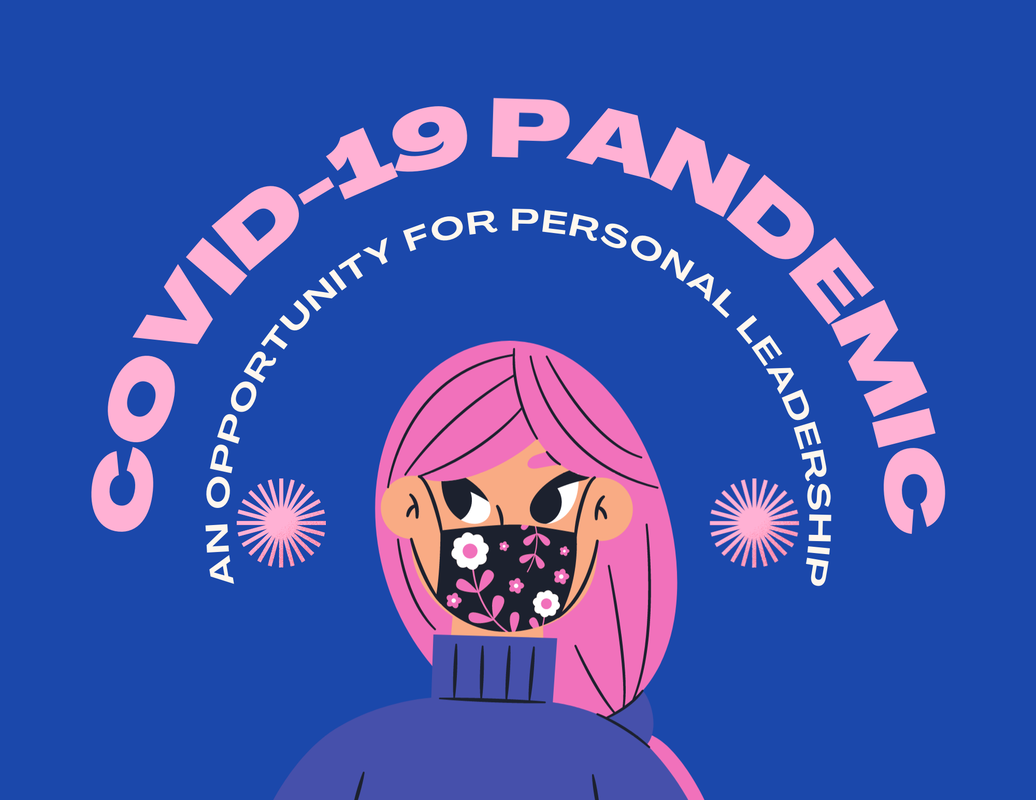|
Nazan Artun PhD, RPh
Victor Frankl defines “Tragic Optimism” as remaining optimistic despite the tragic triad- pain, guilt and death. How is it possible to say “Yes” to life despite all these tragic events? How can life preserve its potential meaning despite its tragic aspects? According to Victor Frankl, life is potentially meaningful under any conditions, even those that are most miserable. This belief presupposes the human capacity to creatively turn life’s negative aspects into something positive or constructive. In other words, what matters is to make the best (best means optimum in Latin) of any given situation. This is an optimism in the face of tragedy and in view of the human potential which at its best always allows for turning suffering into a human achievement and accomplishment; deriving from guilt the opportunity to change oneself for the better, driving from life’s challenges an incentive to take responsible action. Different Emotional Stances in Times of Crisis So, what is the obstacle to the capacity of humans turning tragedies into positive experiences? Could it be the variety of the intensity of humans’ experiencing emotions in stressful times? The airplane scenario, developed by Suzanne Miller as a psychological test, which is basically a simulation of an aircraft going through a staggering turbulence; aims to assess whether people tend to be vigilant, attending carefully to every detail of a distressing event or, on the contrary deal with such anxious moments by distracting themselves out of it. These two attentional stances toward distress have very different consequences for how people experience their own emotional reactions. Those who attentively tune in to the event, unwillingly amplify the magnitude of their own reactions, especially this attendance zoom them out from their self-awareness. The result is that they experience emotions more intensely. Those who could distract themselves from the distress by attending to other activities (reading, watching, listening etc.) are able to minimize their emotional response experience. Which of these responses seems natural to us is a sign of our position of attention, which is preferred under pressure. Improving Personal Leadership How can all this preliminary information be associated with the most current stress factor – COVID-19 Pandemic- which affects all over the world and forces people to get used to a new norm of lifestyle? COVID-19 pandemic caught humanity unexpectedly when modern life has been moving faster than ever. Soon after waking up from the misconception that this whole situation is temporary, people are constrained to lead their social and work lives in unusual ways. Perhaps, for the first time in a long time, humans have been left alone with their realm of emotions. Ancient wisdom emphasized the necessity of being a master of self for personal growth and for what an arduous work it is. Being one’s own master can also be defined as “personal leadership ability” in the present day. This can be explained as an individual's efforts and work towards self-improvement after self-evaluation and assessment in one’s life zones conducted mostly with the help of a coach. Our thoughts, beliefs, judgements, emotional and habitual patterns formed since the day one may not make this process easy, that is why Jim Roth warns “ Every day, stand guard at the door of your mind”. It is exactly for this reason that the COVID-19 pandemic can provide individual growth from a tragedy to humans. This crisis moment of change provides an opportunity for what “Existential Flexibility” means to us, as Simon Sinek suggests, and how we can prepare ourselves for it. What Can be Done? Every individual is trying to deal with this pandemic trauma (this is a traumatic situation and we will see the effects soon or later) in his or her own way. Although self-improvement of an individual is a personalized path, in general, the following suggestions might be helpful:
0 Comments
Leave a Reply. |
ARTICLES
|


 RSS Feed
RSS Feed